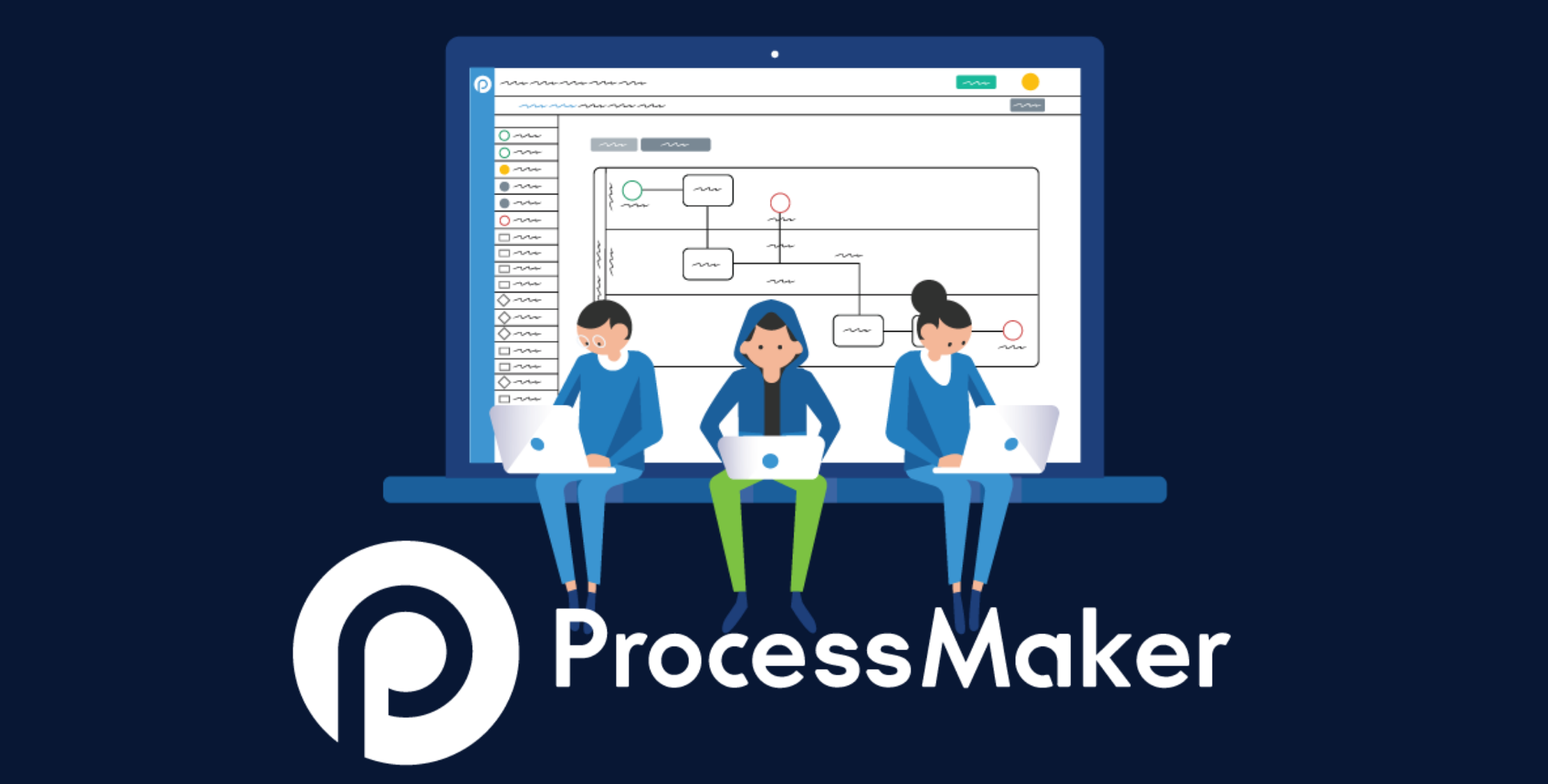Rebuilding any product from scratch is quite an undertaking. Make the wrong call on which programming framework or language to go with and that can be the difference between tremendous success, failure, or plain mediocrity.
The first question most enterprise software companies have to deal with is the language before the framework. PHP was a no-brainer for us for several reasons, namely the large talent base of PHP developers and some pretty amazing PHP frameworks to build with.
The second question when completely rebuilding your enterprise software product is which PHP framework to use. Startups can afford to be more experimental and perhaps use a mashup of frameworks and languages but the enterprise needs stability and scalability. Trends and fads in new coding languages and frameworks are at the forefront of software innovation but enterprise software can’t take the risk of being an early adopter. If the language or more likely, framework, doesn’t catch on and eventually goes unsupported, you’re in serious trouble.
So what makes Laravel an ideal PHP framework for enterprise software development. In short, a lot, but we’ll break it down into five distinctive points. These are the core reasons we, as an enterprise software company, rebuilt our product using the Laravel framework and its prepackaged VueJS library/framework.
1. Laravel fully supports effective unit, feature, and integration testing
With most software, and particularly enterprise software, unit, feature, and integration testing is paramount and constant. The ability to effectively run these tests through your codebase is quintessential to delivering a quality software product. With Laravel, you don’t need to rely on several third-party tools to effectively test components of your software as it natively supports many of the needs of the enterprise.
2. Applications built with Laravel can scale out with effective use of caching, queueing, and other services which can also leverage cloud services effectively
When you’re built to scale, you scale. Building enterprise software with Laravel does exactly that with native solutions and tools for caching (Laravel Cache), queuing (Laravel Horizon), and more services like (Eloquent) and which can also leverage cloud services effectively. In the case of ProcessMaker, we needed our software to integrate with GitHub, CircleCI, Docker, and Amazon Web Services and leveraged Laravel’s numerous services and vast ecosystem to do just that.
3. Laravel features a rich ecosystem of projects to help bolster enterprise projects
Developers love to build for Laravel. As a result, Laravel has a project for just about every need a software project would need from a small web app to share photos and comments to an enterprise software product with Fortune 500 users. What’s more, your in-house developers can contribute to these projects, create new projects, or modify existing projects to meet the demands of your enterprise. One example of a Laravel project that could serve both examples above is Laravel Socialite, a project that makes authenticating a wide range of social APIs (Facebook, Twitter, LinkedIn, Google, GitHub, GitLab and Bitbucket) much easier than writing scripts for each API. Although only one example, similarly robust projects exist to serve the needs of enterprise software projects.
4. Laravel is 100% open source to allow full transparency and collaboration on development
This one is big. Founded by Taylor Otwell, Laravel is completely open-source and therefore provides much more room for customization, modification, and extension than other frameworks. As an enterprise software product with an open-source offering, Laravel really is a perfect fit for your needs. Our core product is deployed via Docker containers and Elastic Container Service (ECS) on Amazon Web Services, all enterprise functionality is deployed using Laravel’s packaging system.
5. Laravel follows development best practices with great choices in design patterns
Laravel shares a good deal of libraries with the Symfony PHP framework and both follow best practices and design patterns making these project’s code compatible. This is of particular importance to enterprise software as making the following of best development practices easy helps make sure you maintain a clean, minimalistic, and efficient code base that can be easily modified.
Wrapping Up
Every enterprise is different. Depending on the enterprise software you’ve built or plan on building, you will have a specific set of needs, requirements, and eventually key performance indicators to track them. Whether you’re refactoring existing enterprise software or choosing a framework for a new enterprise software project, start with these requirements and ask yourself why? Why do we need to be able to do this? Once you’ve fleshed this out, you have what you need to make architectural decisions such as which cloud to go with (if applicable) and how to design that cloud architecture. If applicable, you likely also need to consider on-premises and hybrid deployments. A big part of that will be ensuring that whatever you choose is compatible with the frameworks and languages you have chosen for your project. For large scale enterprise software projects, we have found Laravel to be the framework of choice for PHP.
Interested in checking out our new enterprise software project? Visit www.processmaker.com or check us out on GitHub.
***
Many thanks to ProcessMaker for sponsoring the site this week via Syndicate Ads















